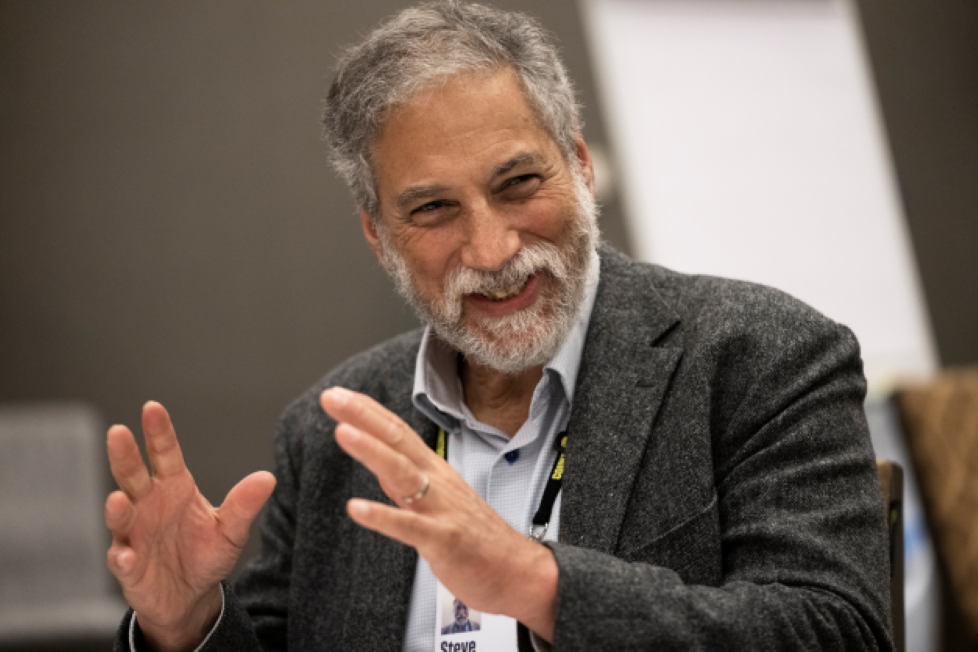
Steven Hamburg
Steven Hamburg
Chief Scientist - Environmental Defense Fund
Determining Forest-derived Bioenergy’s Impacts on the Climate: Why is it so Contentious?
February 15, 2022 - 11:30 AM
Use of forest biomass to offset fossil fuel usage is seen as a major opportunity to mitigate climate change by some and by others as exacerbating the climate crisis. The talk explores why the facts tell such a different story to well-informed and well-intentioned professionals. Issues that are be explored include the influence of temporal and spatial scales, the influence of metrics, forest practices, influence of land-use history and pests, and the diversity of ways forestry is practiced across the globe.
Speaker Biography
Dr. Steven Hamburg is chief scientist and senior vice president of the Environmental Defense Fund (EDF) as well as executive manager of MethaneSAT LLC (non-profit subsidiary of EDF). Trained at Vassar College (AB, Biology), and Yale University (MFS ecology; PhD, biogeochemistry and ecosystem ecology), and has also held fellowships at Stanford (post-doc, ecology), Harvard (Bullard, mid-career) and Yale (Bass Distinguished Visiting Environmental Scholar). Hamburg was on the faculty of University of Kansas (KU) for nine years followed by 16 years at Brown University, where he led several units; founding director of the Global Environment Program at the Watson Institute for International Studies (Brown), director /interim director of the Environmental Studies Program (KU/Brown) and Environmental Ombudsman (KU). He has published more than 100 scientific papers on biogeochemistry, climate change impacts, carbon/ghg accounting and methane emissions from the oil and gas value chain. He has served as a lead author for the IPCC and was acknowledged as one of the contributing recipients of the 2007 Nobel Peace Prize. He was twice awarded the US EPA Environmental Merit Award from Region 1 for his climate change related work. He is currently Chair of UNEP’s International Methane Emissions Observatory’s Science Oversight Committee, a member of the EPA’s Science Advisory Committee, a member of the Division on Earth and Life Sciences of the National Academies of Science, Engineering and Medicine’s Advisory Board and serves in other advisory capacities.